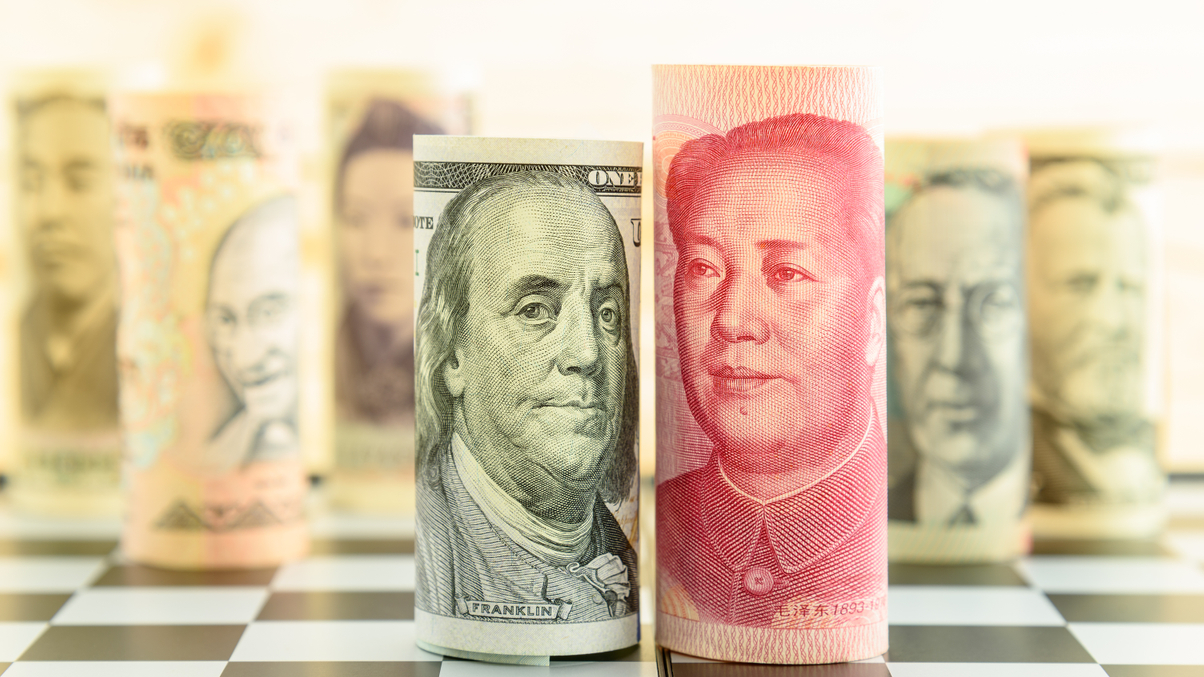Institutional investors wary of US-Asia equities switch
Even though US share valuations are stretched and Asian stock markets are on a roll, Asian institutions are still reluctant to stop overweighting Wall Street in favour of Asia.

Institutional investors in Asia remain wary of jumping wholesale into Asian shares by shifting funds out of the US, even though the market momentum and earnings growth nearer home is strong and shares are relatively cheaper—in some cases, much cheaper.
Sign in to read on!
Registered users get 2 free articles in 30 days.
Subscribers have full unlimited access to AsianInvestor
Not signed up? New users get 2 free articles per month, plus a 7-day unlimited free trial.
¬ Haymarket Media Limited. All rights reserved.


